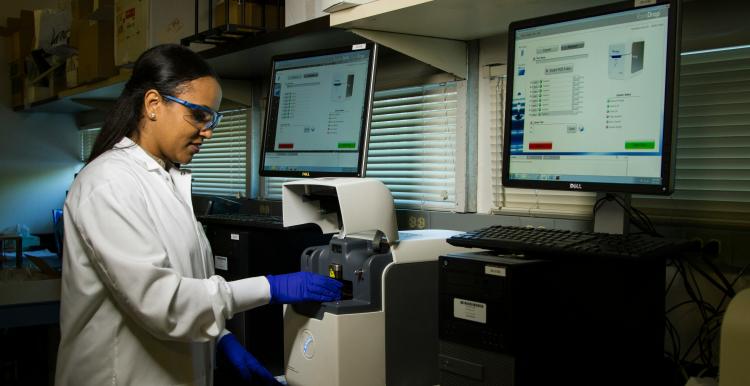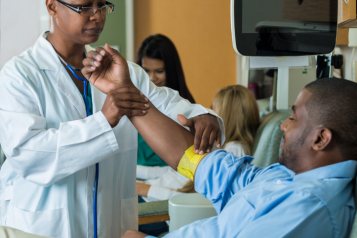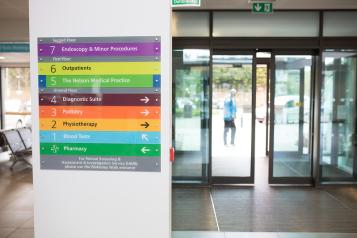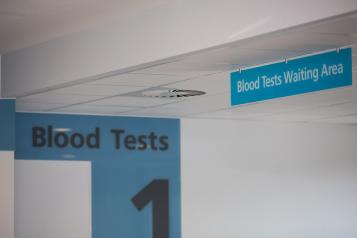NHS announces new gene-editing therapy that could cure blood disorder

The one-off gene therapy, Casgevy, has been approved for use on the NHS in England by the National Institute for Health and Care Excellence (NICE) for older children and adults with a severe form of thalassaemia.
The NHS in England is among the first healthcare systems in the world to offer the treatment. An estimated 460 patients are currently living with thalassaemia and are dependent on transfusion therapy. Of these patients, those aged 12 and older could be eligible for the therapy which uses gene-editing technology.
It will be offered at seven highly specialist NHS centres across the country within weeks, with the therapy being manufactured in the UK.
What is Thalassaemia?
Thalassaemia is the name for a group of inherited conditions that affect a substance in the blood called haemoglobin. People with thalassaemia produce either no or too little haemoglobin, which is used by red blood cells to carry oxygen around the body. This can make them very anaemic (tired, short of breath and pale).
What is the new therapy?
Most patients who could be eligible for this treatment currently need transfusions every 3-5 weeks to survive, which has a major impact on their quality of life.
In international clinical trials, 93% of patients with beta thalassaemia did not need a blood transfusion for at least a year after having the treatment, and it is hoped that the therapy could be a lifetime cure.
The therapy, Casgevy (exagamglogene autotemcel), works by editing a gene in a patient’s bone marrow stem cells so that the body produces functioning haemoglobin – it is the first approved therapy to use the Nobel Prize-winning CRISPR technology.
Article originally published on: NHS England » Gene-editing therapy that could cure blood disorder thalassaemia for NHS patients


